Brilliant movies from China, Ethiopia, Austria and India line up for Mumbai.
This year, the Mumbai Film Festival (MFF) almost never happened, after the festival’s main benefactor until last year, Reliance, pulled out.
A campaign to save MFF was launched by concerned Mumbaikars, joined later by a number of film personalities like Vidhu Vinod Chopra, Sonakshi Sinha, Imran Khan, Zoya Akhtar, Anurag Kashyap and Raj Kumar Hirani.
That is good news, because this year’s festival has a strong line-up and an impressive star presence.
French actress Catherine Deneuve is to be present to receive a lifetime achievement award. The festival is programming her delightful 1964 musical Umbrellas of Cherbourg. It is the 50th anniversary of the film and Deneuve was 21 years old at that time. She will celebrate her 71st birthday on the last day of the festival.
The festival will show one of the most heartfelt Hollywood films of the year -- Richard Linklater’s 12-years-in-the-making Boyhood, a coming-of-age story told like no other.
MFF starts today, October 14, and will run till October 21. Here are five Must Watch films at the festival.
Black Coal, Thin Ice
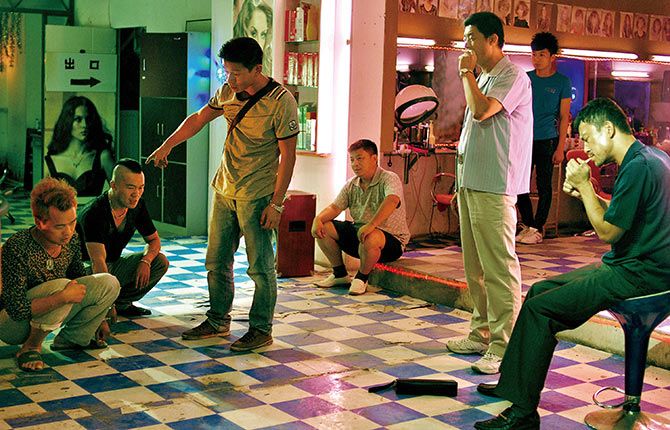
One of the best crime thrillers in recent years, this methodically-paced Chinese film won the top Golden Bear at this year’s Berlin Film Festival.
Unlike most Hollywood action thrillers, Black Coal, Thin Ice takes its time to solve the mystery of a serial killer. So it feels like we are living along with the police and the film’s main investigator as he takes years to crack the case.
But this is not to say that Black Coal, Thin Ice is a slow film. It keeps the viewer engaged with the suspense, other details and colourful characters. The film is beautifully shot and well acted.
Film buffs and fans of Korean cinema may be reminded of Joon-ho Bong’s near masterpiece Memories of Murder, but Black Coal, Thin Ice has a mood and an internal system of its own. It is a thoroughly rewarding film.
Coming Home
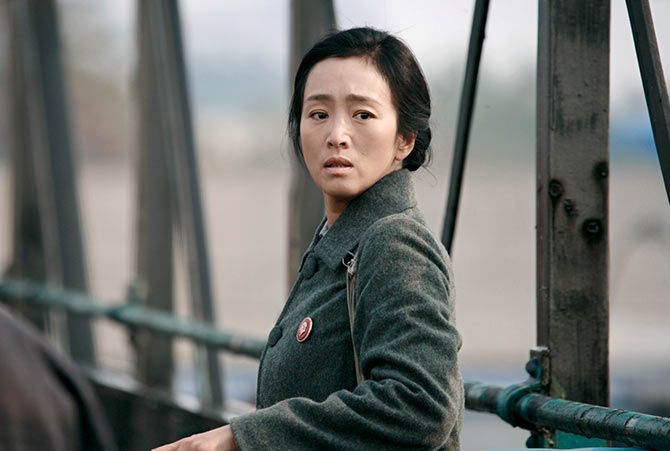
Chinese master Zhang Yimou’s latest film Coming Home has the quiet tones of his early works and here, he reunites with his muse Gong Li after many years.
Gong Li plays a school teacher, waiting for her husband to return from jail where he is serving time for political activity during the Chinese Cultural Revolution.
By the time the man returns, his wife is suffering from a dementia like state and she does not recognise him.
Coming Home is a beautifully told, heartbreaking film about what family can mean to some people, and the true sense of love and dedication.
It is a must see film for those who may know Yimou only from his recent big budget spectacular films like Hero and House of Flying Daggers.
Difret
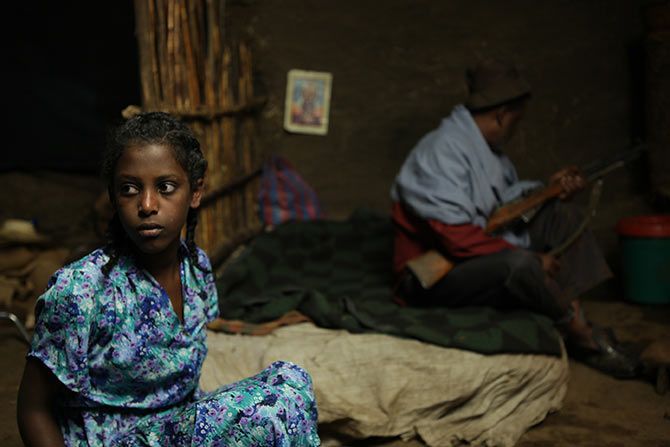
Winner of the audience award at the Sundance and Berlin film festivals, Difret is a rare film from Ethiopia, a country with hardly any film tradition.
In Difret, a young school girl is kidnapped and raped by a man who wants to marry her. In trying to free herself, the girl kills her abductor.
In the rest of the film, an activist lawyer makes desperate efforts to defend the victim.
At a time when Malala Yousafzai has been awarded the Nobel Peace Prize for her push for education for young girls, Difret reminds us that there are still many battles that have to be fought for children’s rights.
Killa
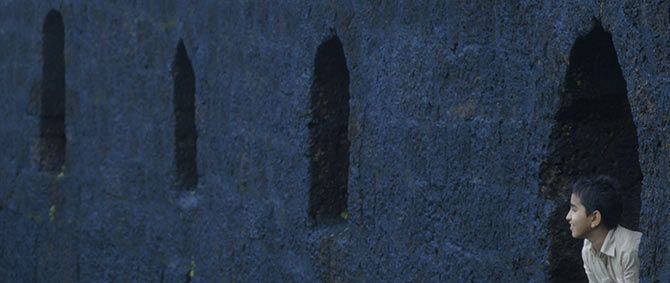
A graduate of the Film and Television Institute of India, Avinash Arun is a trained cinematographer. He turns director for Killa, a lovely personal story about a young boy, Chinmay, coping with the changes in his life as he shifts from one school to another.
Chinmay’s mother’s job forces them to move frequently but each time he manages to find a base and make new friends.
One of the most beautifully shot scenes in an Indian film is Chinmay and his friends taking a bicycle trip to a fort near their village in the middle of the rains. It is such a serene scene that it warms the heart.
But that is also the mood in most of Killa -- a touching ode to childhood.
Macando
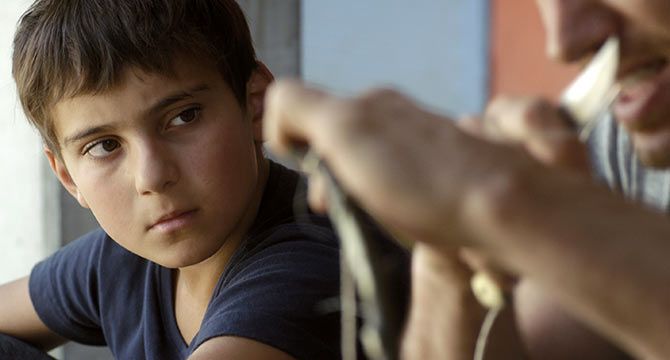
Films often are our window to a world and lives that we would otherwise never experience.
Austrian film Macando, about the plight of Chechnyan refugees living in a settlement camp outside Vienna, is a perfect example.
Eleven-year-old Ramasan lives in the camp with his mother and two sisters. The father is missing, perhaps dead during the civil war in Chechnya.
When a Chechnyan man appears on the scene and makes friendly advances to his mother, Ramasan reacts in a way that will make things difficult for all.
We know little about Macondo’s world -- refuges living in a limbo state, holding on to memories of their past life and hope for the future. But we can understand the emotions and the reactions of the characters and that is what makes this film so special.











 © 2025
© 2025